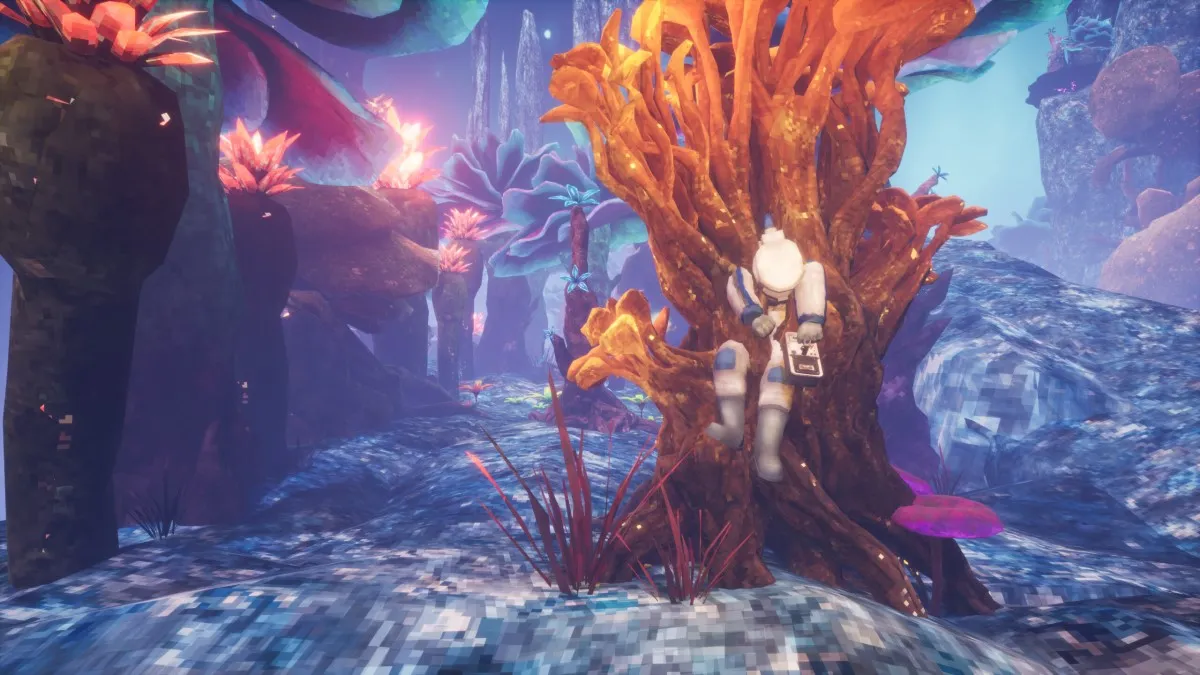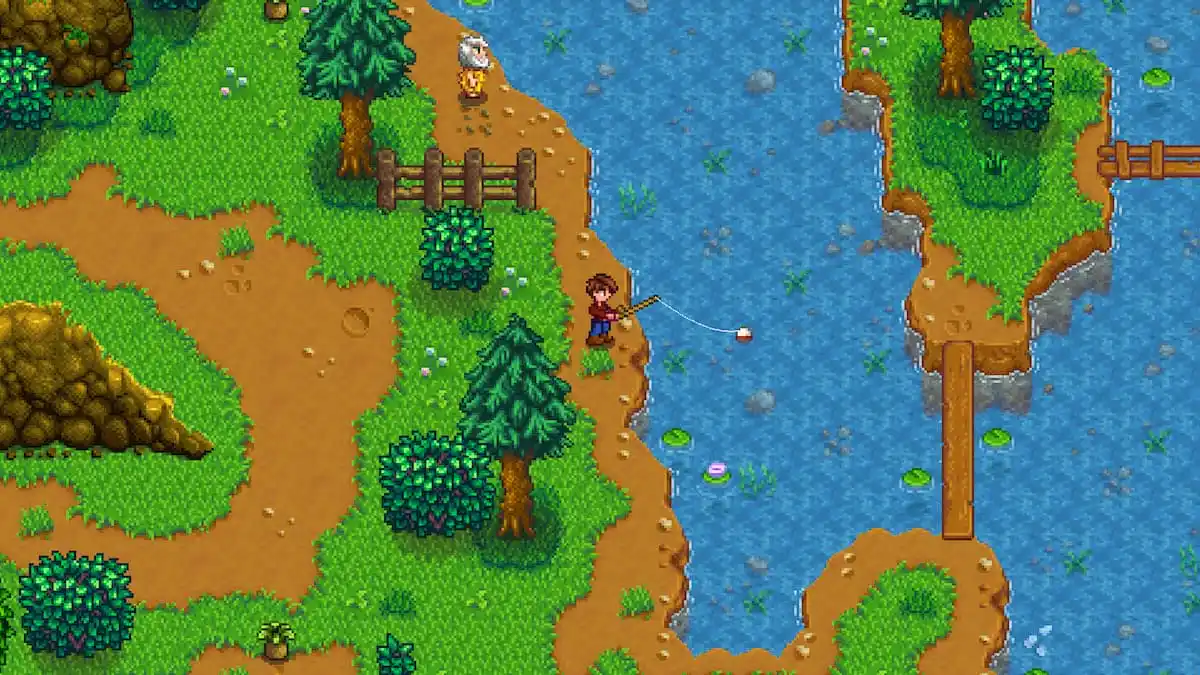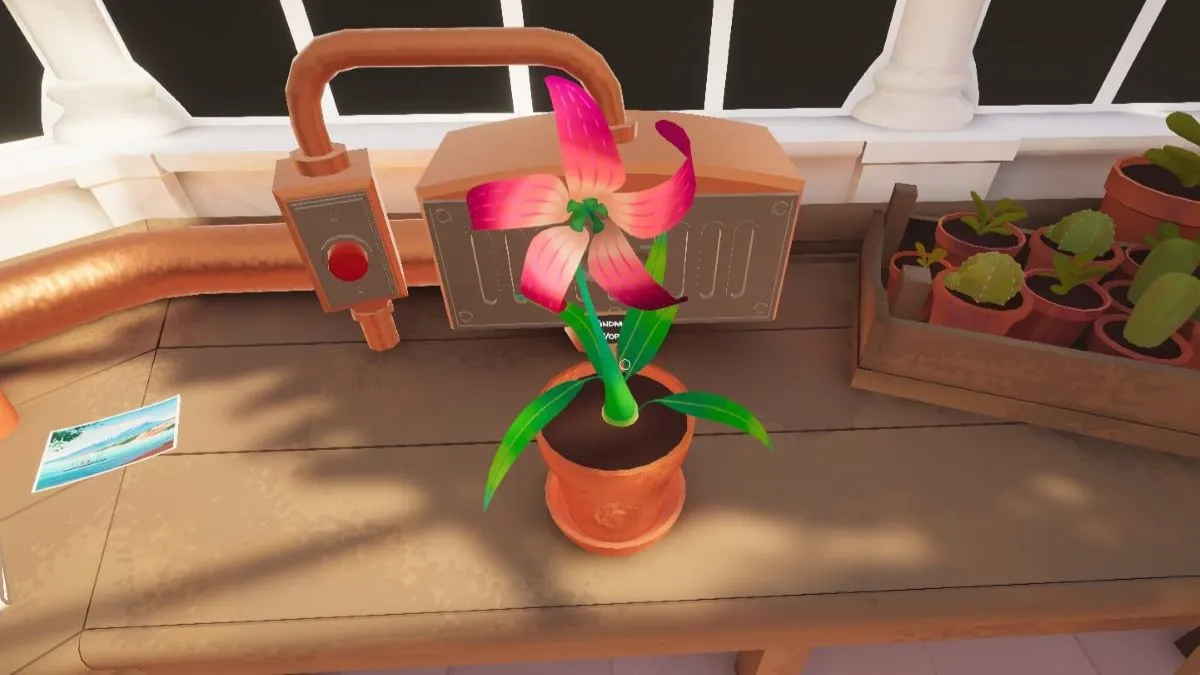No rest for the wicked
“It was my mom,” a friend shared with a strident laugh at a packed Vancouver monthly indie game developer gathering. For me: an ex-colleague. Both my friend’s mother and my former coworker were used in a clever prank by Pony Island. At one point, this creepy puzzle game scans your Steam friend list for a devious fright that spills out of the PC game’s window. Unlike usual video game horror tricks that dissipate after the encounter, Pony Island’s scare is more akin to learning mid-conversation that your current Chatroulette buddy died two days ago. When it launched last January, the title spawned conversations galore among local industry folks about its subversive horror. And when the creator’s next game, The Hex, releases next spring, I’d reckon it’ll bewilder bartenders at those indie meetups.
The Hex is largely inspired by Quentin Tarantino’s The Hateful Eight, for the most part. In an old tavern, six patrons sit out the turbulent weather when the phone rings with news that someone will be murdered by daylight. Also, those patrons? They’re video game characters. During the game, you’ll play as The Space Marine, The Sorceress, The Platformer, The Fighter, The Apocalypse Survivor, and The First Person Perspective — each with their own individual gameplay style during flashbacks. For instance, The Sorceress will have to wait her turn, as in RPG fights from a time long ago. When they aren’t exorcising the ghosts of the past, they will prod and poke the establishment to identify the killer. Less abstract than Pony Island’s descent into digital madness, The Hex weaves a more straightforward tale of one long night for some video game archetypes gone awry.
To learn more, we chatted with its creator, Daniel Mullins, about his upcoming murder mystery.

Dtoid: What do you hope to do with The Hex differently from Pony Island?
Mullins: It’s actually hard to say what I hoped for, or intended, at the onset of the project. At that point I really just wanted to find an idea that I could get excited about, and this one seemed to fit the bill. Now that the game is shaping up though, I can say how it is different.
One thing that I think I have improved on is the enjoyability of the moment-to-moment gameplay. Some people who played Pony Island felt that the pony jumping sections were tedious. I tried as much as possible in The Hex to keep a brisk pace and to repeat similar gameplay sections as little as possible. Another obvious difference is the art style. I miss the ease of creating art assets for Pony Island, but I can express a lot more with The Hex’s more detailed style.
Dtoid: How did you choose which video game genres you wanted to represent in The Hex?
Mullins: I wanted the six main characters in The Hex to be identifiable stereotypes of their given genres. A space marine can adequately represent the shooter genre, but the puzzle genre, for instance, doesn’t provide an obvious representative character. On top of this I wanted the chosen genres to provide an eclectic mix of gameplay. Within this mix I wanted an even balance between more cerebral and methodical genres (turn based tactics, first person narrative) and fast-paced kinetic genres (fighting, shooter).
Dtoid: Conversely, how is it like setting The Hex’s pacing as each character has their own video game play-style?
Mullins: I have had to think quite a bit about pacing with this game. I thought about the order in which the player plays through the different gameplay sections and then how to space out events within the sections. Then there is also the pacing of the story: when to do exposition, when to provide hints about the mystery, and when major events should occur. So it has been difficult! I found trial and error to be the only way I could be sure about this stuff.

Dtoid: When you play mystery/creepy games, do you search obsessively through the game files too?
Mullins: Actually, I don’t tend to go too deep on my own. Instead, I usually read the theories of others after they have done the hard work. This gives me ideas on how to embed secrets in my own game, which is one of my favorite parts of making games.
Dtoid: My favorite moment from Pony Island was the Steam chat notification. Could you explain how that trick came about?
Mullins: The idea for Asmodeus.exe was “a guy who mind-fucks you in any way possible.” Once I settled on that premise I just let my mind wander to the most dastardly ways to trick the player. At my programming job at the time I had been doing some Steam integration, so I knew it was possible to pull information about the players’ Steam friends. The exact execution was trial and error and thinking about what would be the best way to use the trick.

Dtoid: After Pony Island, you were able to leave your day job and focus full-time on making your own games. How has that transition been for the last two years?
Mullins: The transition was gradual at first, because I had been working part time at my job during the development of Pony Island and I continued to do so for two months after release. I definitely enjoy being self-employed, even if it does have a few drawbacks and challenges. My parents were very excited about Pony Island’s success. My dad would read every single Steam review and made sure to tell me if someone was complaining about a bug or if there was something funny I should see. I don’t think my relationships with my friends changed much.
Dtoid: You’ve worked with Jonah Senzel in Pony Island and The Hex, what is it about his music that you like?
Mullins: It’s really just that he’s very talented and inventive. I often give him a page or less of notes for a music track that I’d like with a few links to other songs as references. Then he comes back with something that matches all the criteria I’ve asked for, but with a creative twist that hadn’t occurred to me. Stuff like having the beat of a theme for a scrap shop being composed of clinks and clanks. Or making the theme for a Sphinx riddle battle sound like a game show (which inspired me to re-do the art for that particular battle to look like a game show as well). So I’m sure he’d be a good fit for any type of game!

Dtoid: Being a solo indie developer, how do you avoid fatigue?
Mullins: The fatigue that comes from overworking is often not an issue for me because I don’t push myself too hard. I get enough breaks and free time, and I mostly get enough sleep. But another kind of fatigue, a sort of “motivational fatigue” is much more present for me. It comes from steadily working toward an ambitious goal almost every day but still feeling like the end is too far away to see. It makes you feel like abandoning your very ambitious goal (for me, finishing The Hex) and trying at something easier, like a smaller project.
I hear this from other game developers a lot, probably because of how long it takes to completely finish a game. My way of coping is to try and set smaller milestones along the way. Forget about the long goal and focus on the short term goals that will eventually lead there.
Dtoid: Are there any indie developers that you’d love to work with?
Mullins: I do enjoy working mostly alone. But after The Hex I plan on working on more small-scale projects that may include collaboration. I have some friends who would be cool to work with, if they were available.
The Hex is scheduled to release on PC, Linux, and Mac in Spring 2018.



